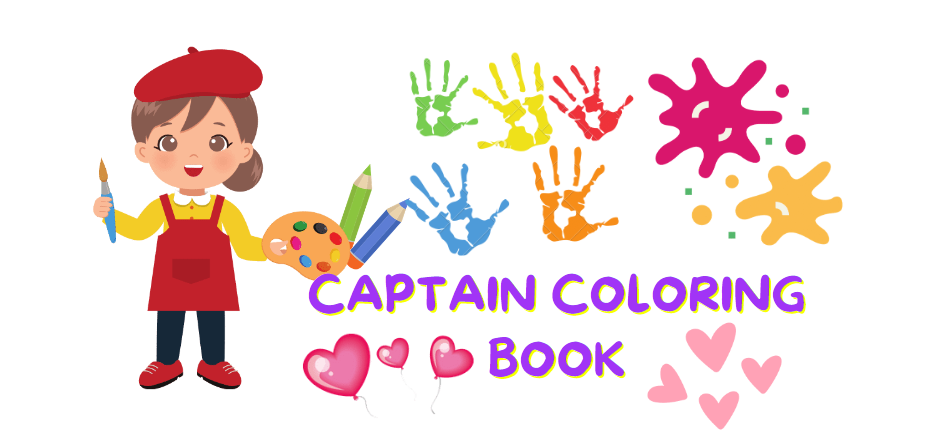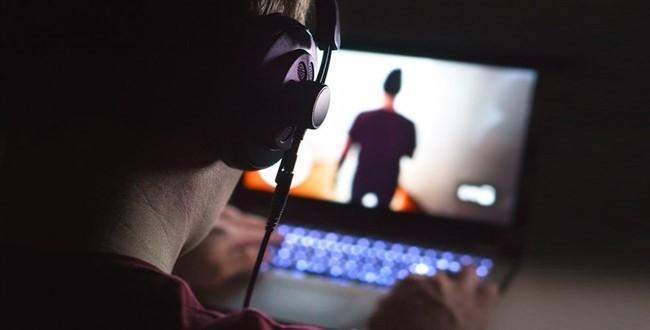How do you discourage your game-addicted child? How can you prevent your child from becoming addicted to games?
The World Health Organization announced that they now define 'computer game addiction' as a disease and named this condition 'Game Disorder'. While a significant proportion of children and young people in Turkey spend most of their time in front of the computer, although families are aware of this problem, they do not react adequately. But, according to WHO, these children are now considered sick. So what should parents do? What precautions should they take to ensure that their child does not become an addict? Psychiatrist Prof. Dr. Nesrin Dilbaz gave important information.
HOW CAN YOU PREVENT YOUR CHILD FROM PLAYING ADDICTION?
Computer game and technology addiction has become one of the most critical problems of our time. This addiction, which brings with it many physiological and psychological problems, is not taken seriously enough by families yet.
University NPİSTANBUL Brain Hospital AMATEM Coordinator, Psychiatrist Prof. Dr. While sharing her views on game addiction with a case, Nesrin Dilbaz reveals the conditions under which children are addicted. Here is a true addicted story…
CASE: A 22-year-old university student applied with the complaints of "I spend a lot of time in front of the computer, so my academic performance has decreased, I cannot enjoy anything, I have no goals, I have a serious pessimism". When he explained his problem in detail, we discovered that the person had major depression and social phobia as well as problematic internet use.
The computer entered his life during the period of adaptation problems he experienced after school change. His difficulty in expressing himself and his inability to make friends, thus withdrawing himself from social activities, reinforced his computer use. The Internet is an environment for him in which he can control his life, feel himself belong and communicate easily. Internet usage was at least 8 hours a day when he arrived. Internet use caused him not to go to school, and not going to school caused him to use the Internet.
He used the internet mostly to read online games, social media, scientific articles and nature news. He said that he had tried to reduce the use before, but he could only stay away for 1 month. Presumably, boredom, difficulty sustaining the behavior, preference for short-term gratification, inability to wait for reward, and the thought that "I won't succeed" prevented him from continuing.
HALF OF YOUTH HAVE THIS PROBLEM
The most recent comprehensive study on this subject is the European substance use profile study of 16-year-old high school students. The data analysis of this study, which was completed at the end of 2017, is still ongoing. However, in small-scale studies conducted with high school students and university students, the rate of compliance with the diagnostic criteria of Problematic Technology or Internet Use is approximately 40-50% among our youth. Although the figures show differences due to the use of different diagnostic criteria, it is seen that this problem is increasing in our country day by day. While the World Health Organization did not put Computer Game Addiction under the category of "Mental Diseases" until 2018, it emphasized that it should be examined under the category of Mental Diseases due to its incidence in recent years, its negative effects on the physical and mental health of the person, and deterioration of functionality.
When technology is used consciously, it serves the purpose of facilitating human life. However, with the loss of control in using technology products, abuse and addiction can develop. It is now certain that the computer and internet environment are physiologically addictive.
WHAT IS TECHNOLOGY ADDICTION?
Today, with the developing technology, many changes, developments and conveniences have been provided in our lives. The other side of the coin is a behavioral addiction that can lead to serious negative consequences with the loss of control over time, the inability to limit the use, and as a result, the excessive use of technology. Basically technology addiction; It is a behavioral addiction characterized by the inability to prevent the desire to use technology excessively, the time spent without using technology losing its former importance, the presence of tension, anger and even aggression when away from or deprived of technology use, and negatively affecting one's family, school, social and work life. definable.
Technology addiction firstly affects the individual negatively in terms of physical and mental health and then causes problems in family, school, work and social life. Internet use at the pathological level is also among the technological addictions (Young, 1996). In technological addictions, it can be said that the related behavior mostly has addictive stimulant and reinforcing properties (Griffiths, 1995). Therefore, the earlier children encounter this technology (smartphone, ipad, etc.), the higher the risk of problematic use or addiction in the future. In addition, problems such as a decrease in attention and concentration, the inability to communicate and/or the need to establish healthy communication in the real world may occur. Desiring the pleasure obtained in the virtual game environment in the real world and acting accordingly leads to the deterioration of the real world perception of the person.
Although families are partially aware of this issue, they are helpless in this regard, sometimes because they neglect it, sometimes because they cannot replace it with a more positive option for their children, and sometimes because they cannot have a say.
His expectation from therapy was to set goals and achieve them, and to enjoy things in real life. We applied small behavioral techniques such as going to school and gradually reducing internet time, although he did not attend classes with him.
After the third session, he decided to continue school. He took the exam for 3 of his 5 courses. The computer kept a diary, a daily schedule was prepared. She was able to plan and implement leisure activities such as television, cleaning, reading, going out, being with new people. During the sessions, she noticed the “Idea of inadequacy – not doing anything – boredom – giving up – internet” cycle.
After this stage, behavioral interventions were switched to cognitive interventions. The thoughts of “I cannot succeed” and “I am inadequate” were studied. His depressive symptoms have now regressed. Going to school. Internet use 2-3 hours a day. He sees his friends regularly. He can easily meet new people. He's focused on other interests.
HOW CAN FAMILIES TAKE PREVENTION?
Ways to prevent computer and technology addiction and prevent problematic use:
Changing the location of the computer and taking it to the place where other people are, connecting to the internet with other people, changing the time of connecting to the internet, creating an internet book, not hiding that one has problems with internet use, sports, art, social relations, etc. in order to restructure his life. There are methods such as giving place to activities, acquiring new social skills, giving internet breaks at certain times, applying relaxation techniques, handling negative automatic thoughts, noting the emotions experienced while connecting to the internet.
In addition to these methods, we also recommend methods such as using external restraints in technology use if there is problematic use, determining goals related to internet use, using reminder cards, taking notes of what the person wants to do instead of using the internet.
Psychological factors often play a role in technology addiction. Therefore, the treatment goal is primarily to identify the underlying psychological factors and treat these points. In this context, although not very often, psychotherapy and, rarely, drug therapy can be used. Especially cognitive behavioral therapy is widely used in technology addiction.
Cognitive behavioral therapy approach; It aims to develop alternative, healthy and realistic thoughts instead of erroneous, distorted and distorting thoughts about oneself and events, and in this way to alleviate and eliminate existing psychological problems.



0 yorum :
Post a Comment